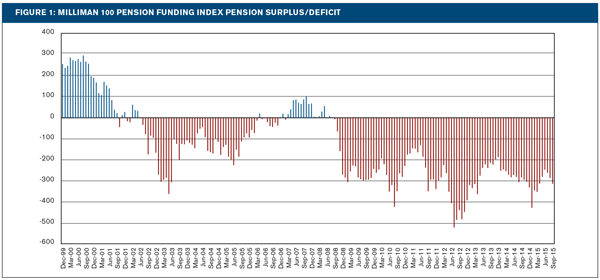Money managers divided over Chinese equities
Global money managers are split as to whether buy signals are flashing for China stocks right now, even as they agree the equity market does look cheap. The gap between Chinese company market capitalizations and the U.S. stock market was $42.5 trillion as of market close Jan. 23, based on Pensions & Investments' calculations using Bloomberg data. Bloomberg reported Jan. 23 that Chinese stocks have lost more than $6.3 trillion in value from a February 2021 peak, vs. a $5.3 trillion...










